With electric cars becoming more common, it’s only a matter of time before the majority decide to get one. When you’re about to decide to get an electric car, it’s reasonable to think about the cost. Not just the cost of the car itself, but how much would you have to spend on charging it? If it’s going to cost as much as or more than gasoline, what’s the point of calling it renewable energy?
If this is the case, then there’s no need to fret. EV charging costs magnitudes less than you’d spend at a gas station. What you need to know is how much exactly you’d be spending. Whether it’s on the installation costs or the electricity bills. And is it worth it to get an EV charger installed at home, instead of just relying on charging stations?
How Electricity Rates Affect Charging Costs
Not many people know how electricity rates work, despite channeling a large amount of their earnings toward it. Understanding it will not only help you determine the cost of charging your EV, but it will also help you manage your electricity in general.
Electricity power is measured in kilowatt-hours (kWh). In the US, it’s charged in cents per kWh. The average home uses about 30kWh daily, but the amount it costs depends on location. Some states, like North Dakota, charge just above 10 cents per kWh. Then there are states like Hawaii that charge as much as four times that ($0.44 per kWh).
With this logic, it’s easy to see that the cost of charging an electric car at home is directly affected by your state. Electric vehicles usually have a capacity of about 68kW. More than twice the amount of electricity that the average home uses. Doing the math, in a state with average rates, it will cost about ten dollars to fully charge an EV.
In a state like North Dakota, it would cost just $7.3. In Hawaii, it would cost $29.90. Also, when charging your EV, you might want to take note of the time of the day you do so. Electricity rates tend to be higher during peak usage hours when more people are consuming electricity. Such times of the day will include when people are just coming back from work, from about 4 pm to 10 pm. If you should time your charging periods and make sure to do it during off-peak hours, you’ll be able to save more money.
How Much Public Charging Stations Cost
We’ve already established that charging stations are more expensive than home EV chargers. But, there will be times you’ll need to make use of them. So it’s best to have an idea of how the price of charging at public stations works. This way, you’ll be able to make comparisons and find out a proper EV charging strategy.
Charging stations can cost as much as twice the money you’d spend charging at home. To get lower rates, you’d have to use a Level 2 charger at the station. Public charging stations that employ Level 2 chargers will usually charge from $0.20 to $0.25 per kWh. However, the more common type of charger you’d find at a charging station is the Level 3 charger. It costs about $0.40 to $0.60 per kWh
There are charging stations that calculate electricity costs according to the time you spend charging. These stations have a standard amount of electricity flowing into the EV, and it’s usually done with DC fast chargers. They calculate based on minutes, rounding off to the nearest 30 seconds. This sort of pricing, though, is usually equivalent in cost to charging in kWh. For example, if you’re charging a 68kW EV in a station with a standard 50kWh DC fast charger, it would take you about an hour and 20 minutes to charge your EV. The cost per minute depends on the location and company providing the service. With an average of $0.30 per minute, charging the EV would cost $24.
Because of prices like this, it’s preferable to use charging stations at home. You can charge for free at some public locations. They include restaurants, hotels, supermarkets, and universities. But these places offer a limited amount of free chargers to attract new customers. They’re very few places like these too, so it’s difficult to rely on them for free charging all the time. Even so, using places with free charging stations whenever the opportunity presents itself is a good way to save money.

How Much Charging At Home Costs
The cost of charging your EV at home will usually depend on three factors. The first, which we’ve discussed, is the electricity rates of the area you live in. The others are the cost of your equipment and the cost of installation.
Earlier, we talked about the types of chargers for electric vehicles. These chargers are the Level 1, level 2, and level 3 chargers. Only level 1 and level 2 ev charging stations are usually available for use at home, though. So, we’ll use these two to determine the difference in equipment cost.
When you buy an electric vehicle, a Level 1 charger comes with it. This means that there is virtually no cost of equipment in the case of a level 1 charger. Level 1 chargers can connect directly to your home's standard 120-volt wall socket. With that, you can see that it’s mobile and there is also no cost of installation. On the downside, it doesn’t have the technology that allows EV chargers to optimize charging schedules so you can save time and money.
level 2 electric car chargers are very different. They are faster and use a 240-volt connection. Because of this higher energy requirement, it needs to be hardwired into a larger outlet. This means that there will be installation costs, both because of the equipment needed and the labor involved.
Level 2 chargers can optimize your charging experience, so despite the installation costs, they will be beneficial to you in the long run. This is why most EV drivers usually end up getting a Level 2 charger, as it is by far more efficient. Buying and installing a Level 2 charger can cost from $500 to as much as $2000. The charger's quality and the electrical wiring in your home will influence the cost. Autel maxichagers has obtained CSA certification, which is equivalent to UR certification. At the same time, Autel company promises a three-year warranty, and the quality is reliable and guaranteed.

How To Calculate Charging Costs At Home
Calculating how much you’ve spent on charging your EV is quite straightforward. First, you need to find your electric bill. Then to get your charging rates, divide the bill by the number of kWh utilized. This lets you get the cost per kWh. Most EVs use up 1 kWh for every three miles they drive. So to get the number of kWh you use in a month, divide the total number of miles you drove that month by three.
Whatever result you get from that, multiply it by the cost per kWh from your electricity bill.
To make this more clear, let’s use an example. Let’s assume that on your electricity bill, you’re able to calculate the average of $0.16 per kWh. Let’s also assume that you drive an average of 1200 miles per month. A kWh will get you three miles, so that’s 400 kWh you’ve used up there. Finally, after multiplying $0.16 by 400 kWh, you get $64 for that month as the amount you’ve spent on charging your electric car.
The above example is under ideal situations. Other factors like the battery capacity and charging efficiency come into play. Larger batteries need more electricity to fully recharge, and charging efficiency drops as the battery gets closer to %100. Despite this, you can still get a very accurate estimate of the cost of charging your EV. Maxicharger APP can provide relatively comprehensive charging data to facilitate you to optimize charging methods in the future.
Comparing Charging EVs at Home to Refilling Gasoline Costs
This part doesn’t seem complicated, but only on the surface. The problem is that different cars use gasoline at vastly different rates. But, on average, you’d spend about $100 on gasoline per month. There is also the fact that you don’t have to drive out to recharge your car if you have a home charging station.
Alongside the fact that EVs are five times more efficient at traveling a mile than cars with internal combustion engines (ICE), it seems like EVs are more beneficial. You should know, though, that some EVs have better efficiencies than others. The average for most electric vehicles is 3 miles per kWh, but some of them are less. Still, EVs are mostly able to beat gasoline-powered cars on this front.
But when you consider the factor of location, it gets trickier. In states like Massachusetts, the electricity bills are as high as $0.32 per kWh. This means that for a person who drives 1200 miles a month, it will cost them $128 per month. Adding other factors - like the size of the car and how much electricity it uses - sometimes charging an EV is more expensive than using gasoline. But in places where electricity costs about $0.10 per kWh, you get to spend only about $40 a month.
The fact remains that on average, charging electric cars at home is usually cheaper. But when your home is in Hawaii or Massachusetts, you’d better brace for more fuel expenditure.
Some Tips For Cost-Effective Charging
The first tip - which we talked about already - is charging during off-peak hours. The fantastic thing about off-peak hours is that it’s at the time of the day when you also don’t actively use electricity. You’d likely be asleep at off-peak hours, so you wouldn’t need to use your EV then. Contact your utility providers to learn the off-peak hours in your location. If you utilize Time-of-Use pricing plans, you can also reduce charging costs during off-peak hours. AUTEL Maxicharger APP can be set to charge during off-peak hours.
But before that, you need to pick the right EV charger. Using a high-quality Level 2 charger will charge your EV more than five times faster than a Level 1 charger. They’re also better if you travel longer distances in the day. In addition, smart charging technology is available in some Level 2 chargers.
Speaking of smart charging technology, it’s better to get a charger that can perform optimized operations. Most EV drivers plug in their cars for longer than necessary. This uses up more electricity and ends up damaging the battery. You don’t need to charge Once your electric car is at 80%, there’s no need for you to keep charging. Of course, if you’re charging at night, it’s a hassle to wake up just to unplug your EV. This is why chargers that can adjust the flow of electricity are essential to saving costs.
Using solar energy is another way to reduce costs. With renewable energy, you can lower the amount of energy you use directly from the grid. This method will depend on the size of your solar panel and its energy output.
In recent times, governments and organizations have been working to reduce carbon footprints. Because of this, there are incentives offered to people who want to purchase and make use of electric cars. Looking out for these incentive programs is a good idea. They offer discounts and lower electricity costs for people who own electric cars. You can visit the Local Incentive part on our official website to check the rebate in your area so that you can buy your favorite products at a better price. By combining all these, you’ll be able to make a solid strategy that will make charging your electric car at home more cost-effective.
Summary
So, the bottom line is that charging your EV at home is cheaper than using a public charging station. And while charging at home is generally less expensive than using gasoline, it depends on three things. Your location, the time you charge, and the amount of electricity your car consumes.
But, with the world rapidly moving towards this exciting age, we have to move too and change our habits. Governments are working towards reducing the amount of internal combustion engines. This means that in time, more efficient ways to generate electricity will be developed. The efficiency of charging stations and electric cars will also rise. EV technology will keep growing, and more accommodations in policies and infrastructure will be made for it to get cheaper and more accessible.

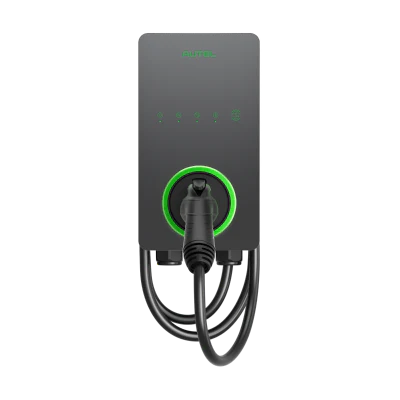
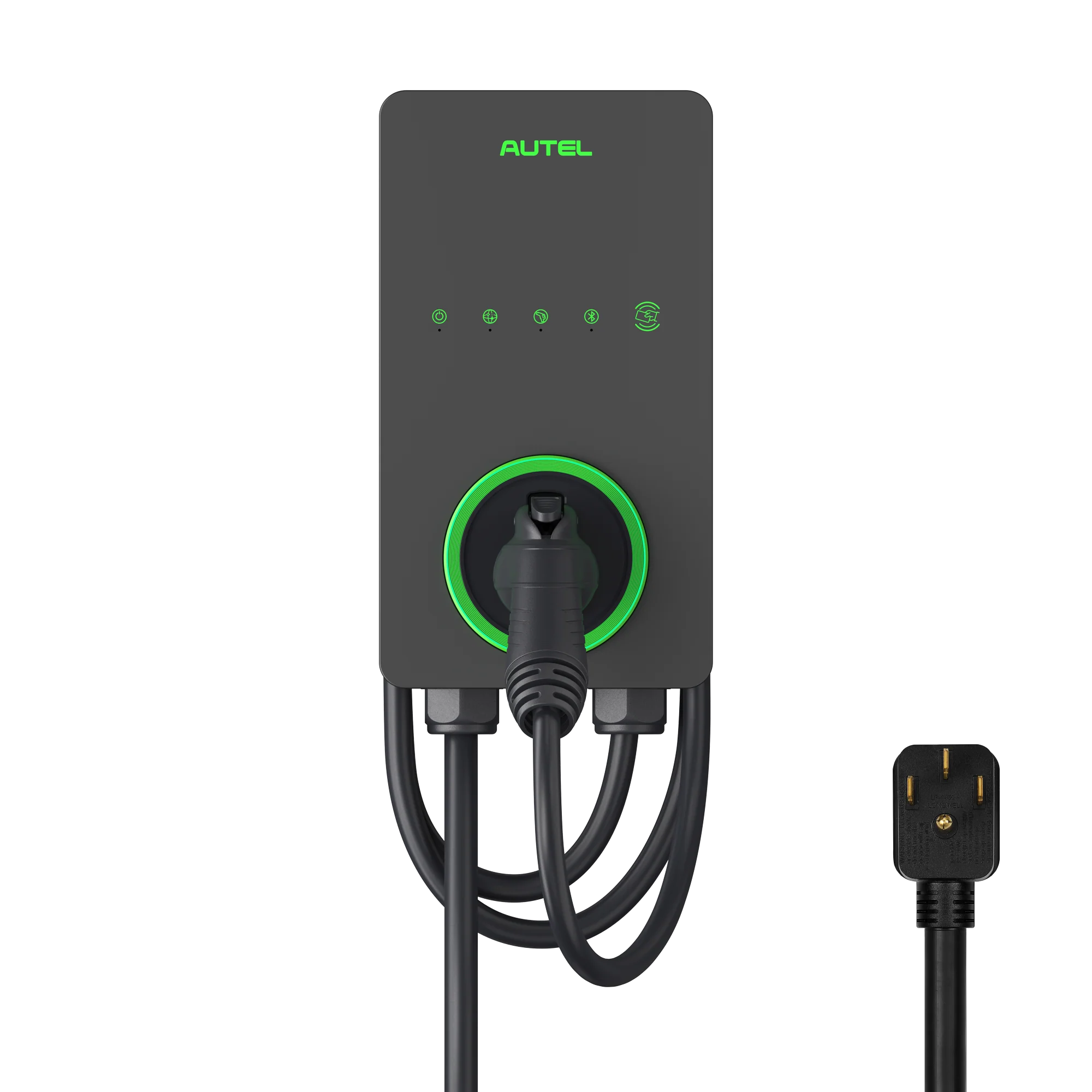
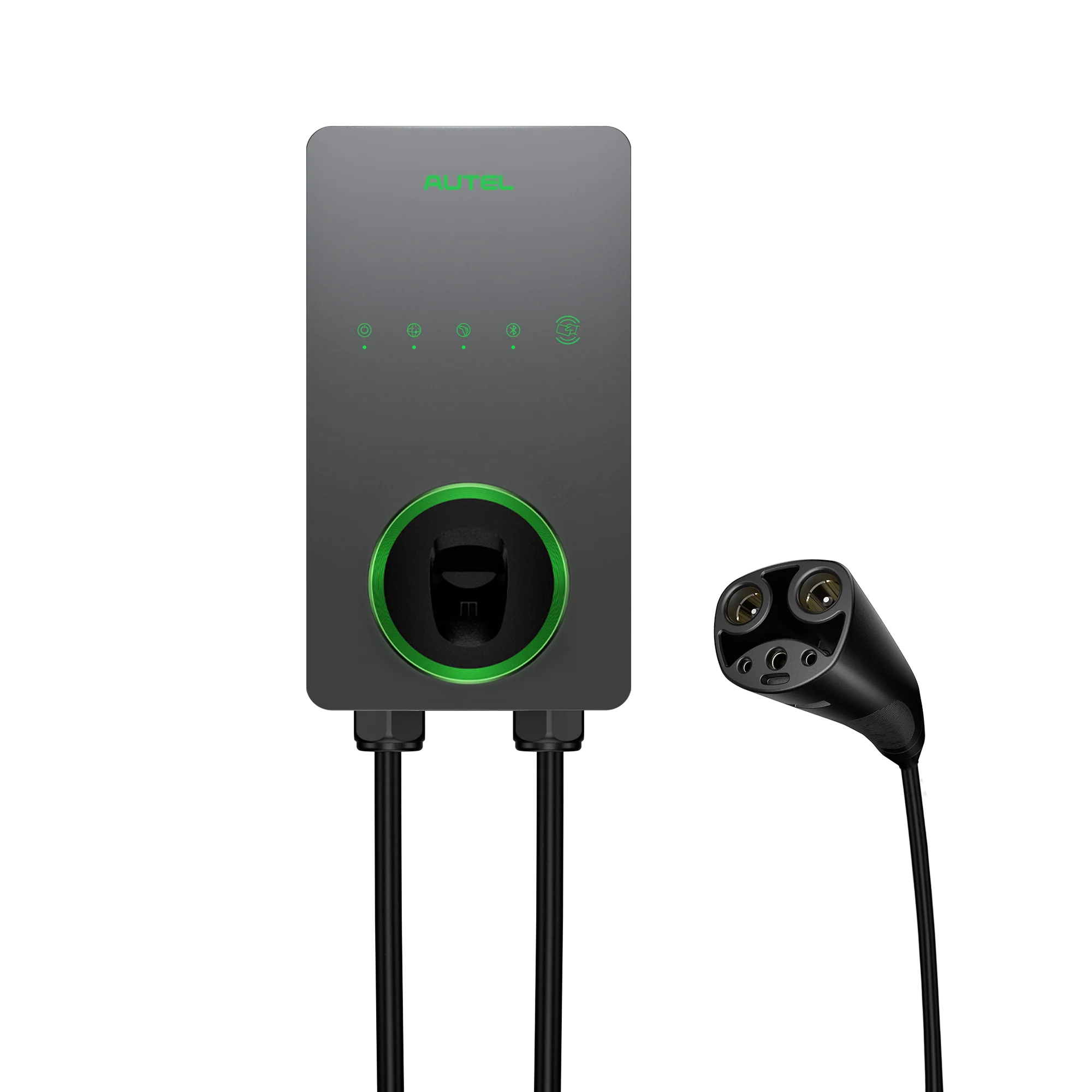
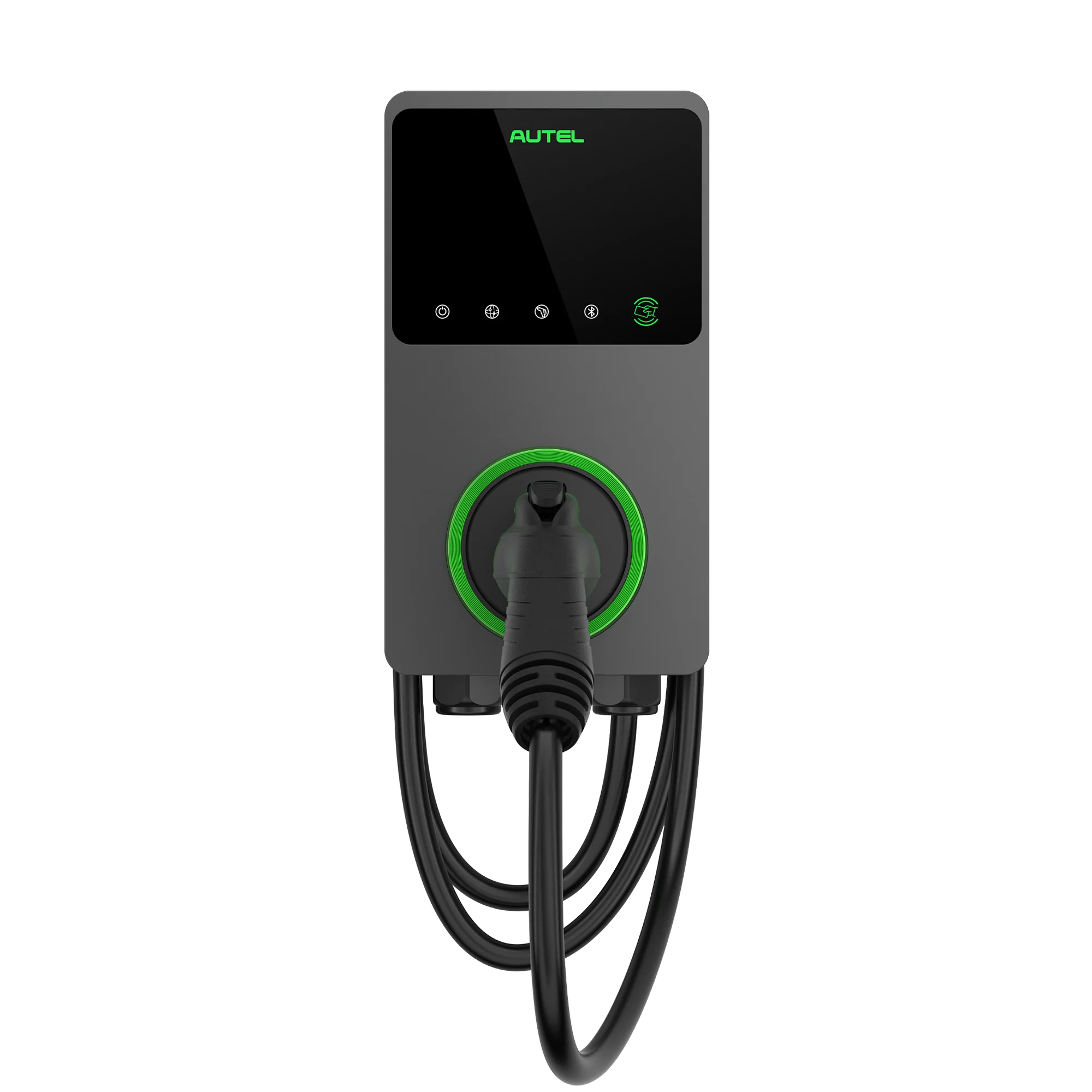
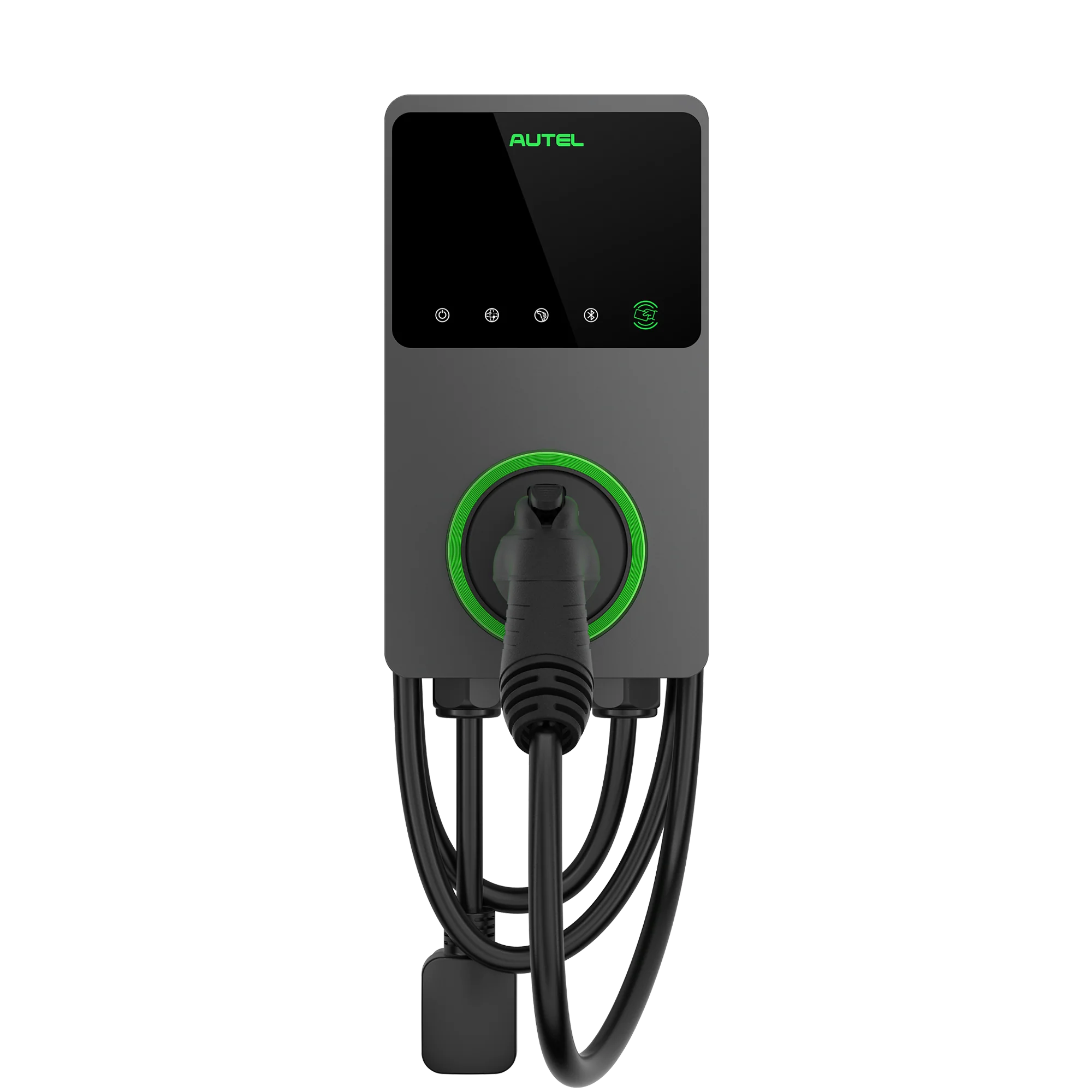

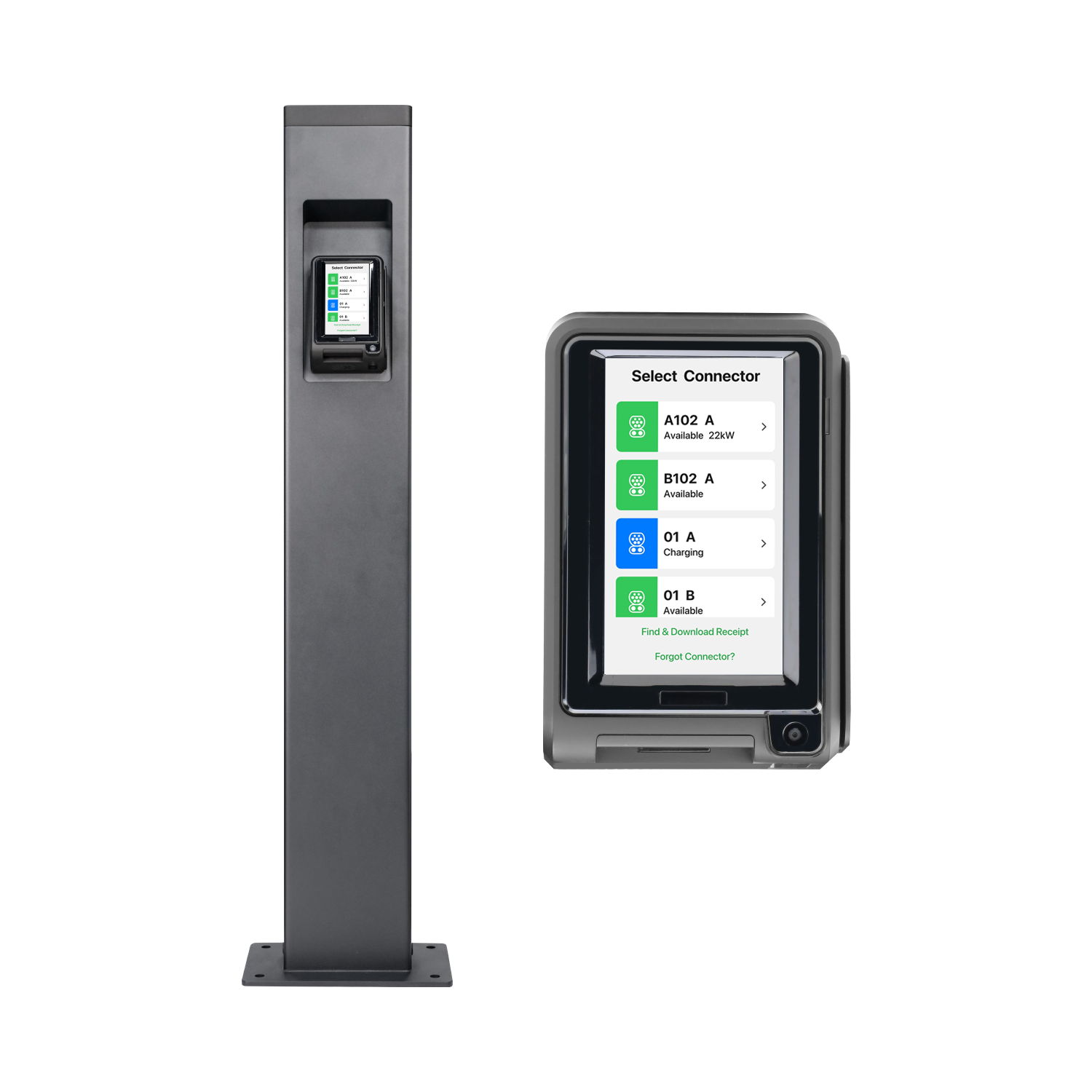
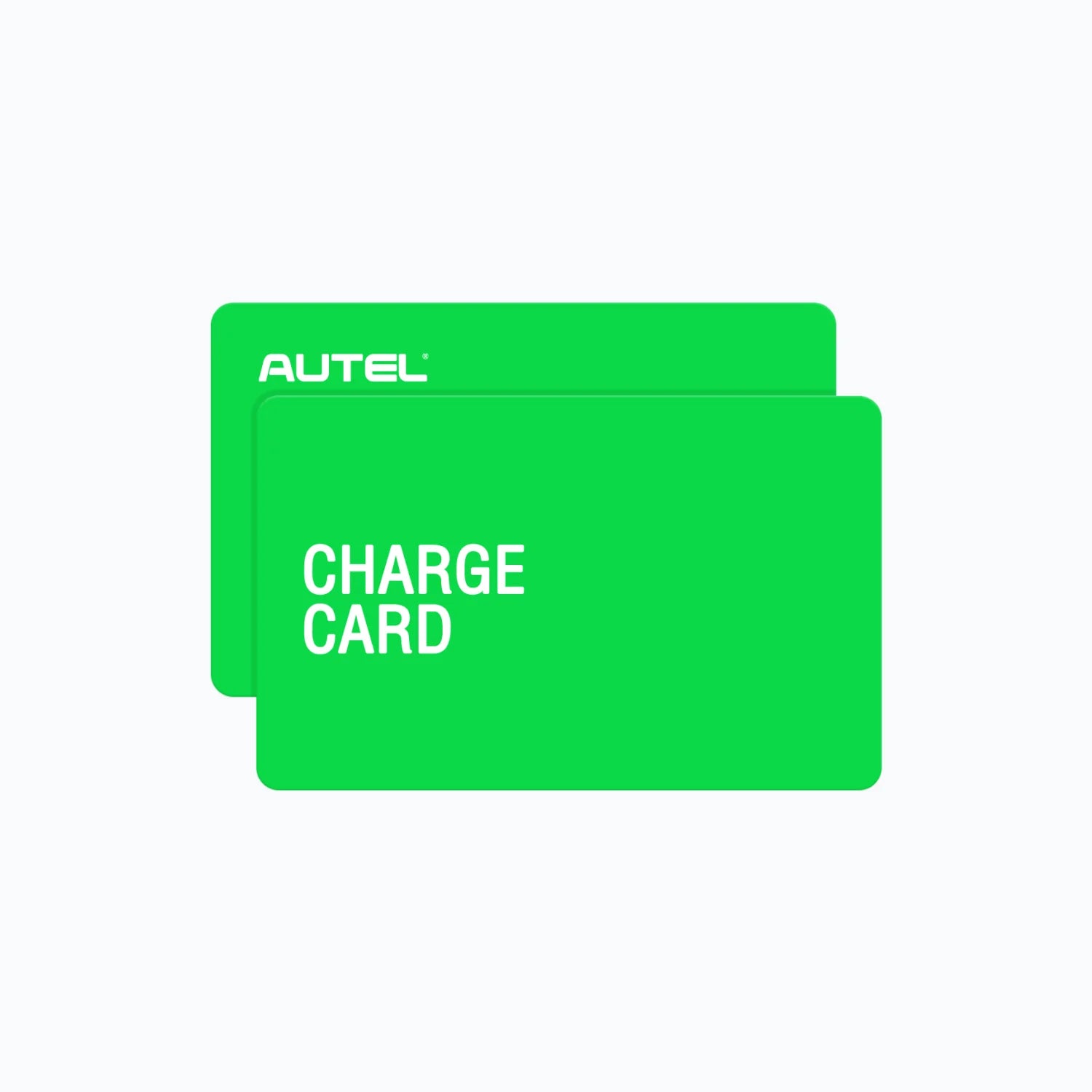
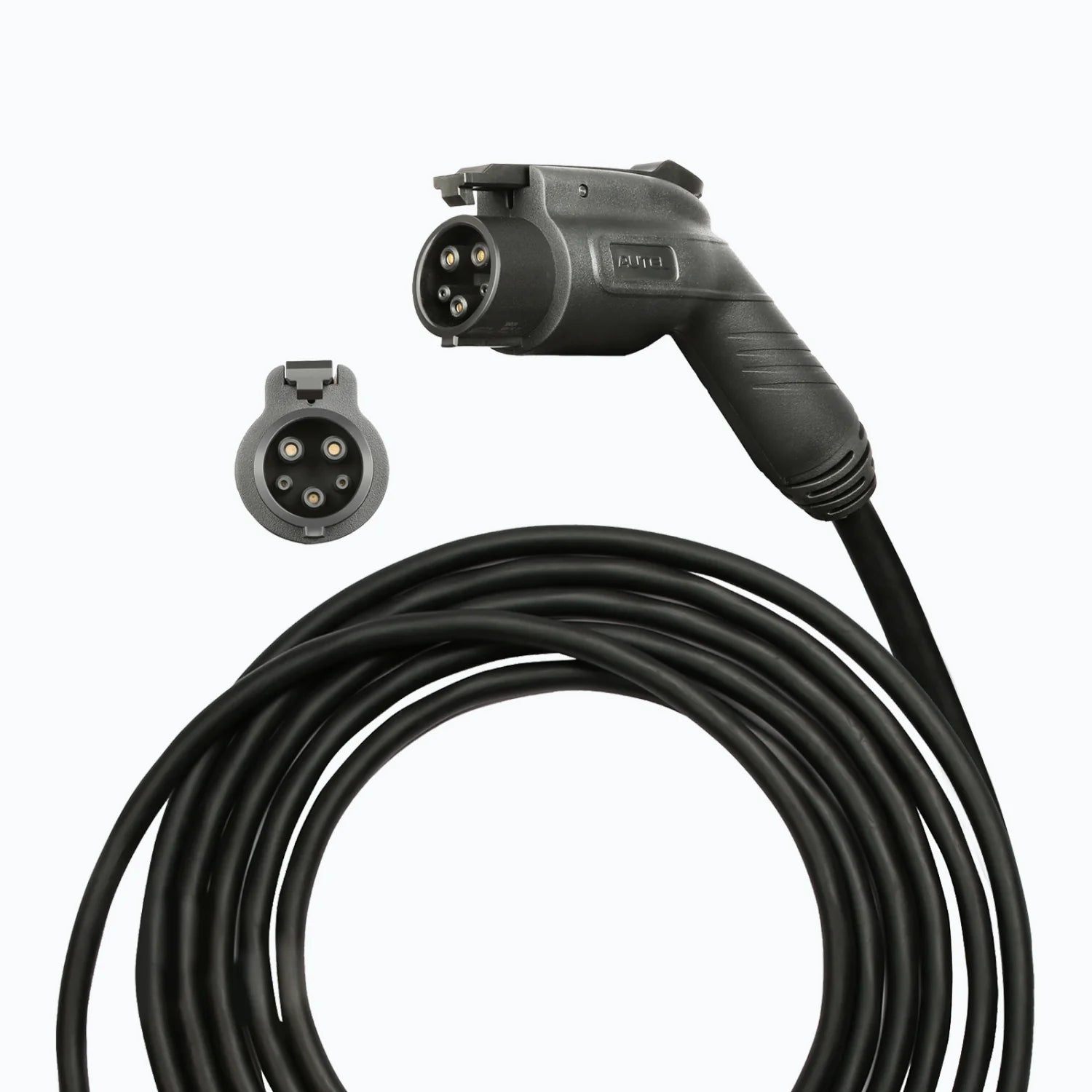
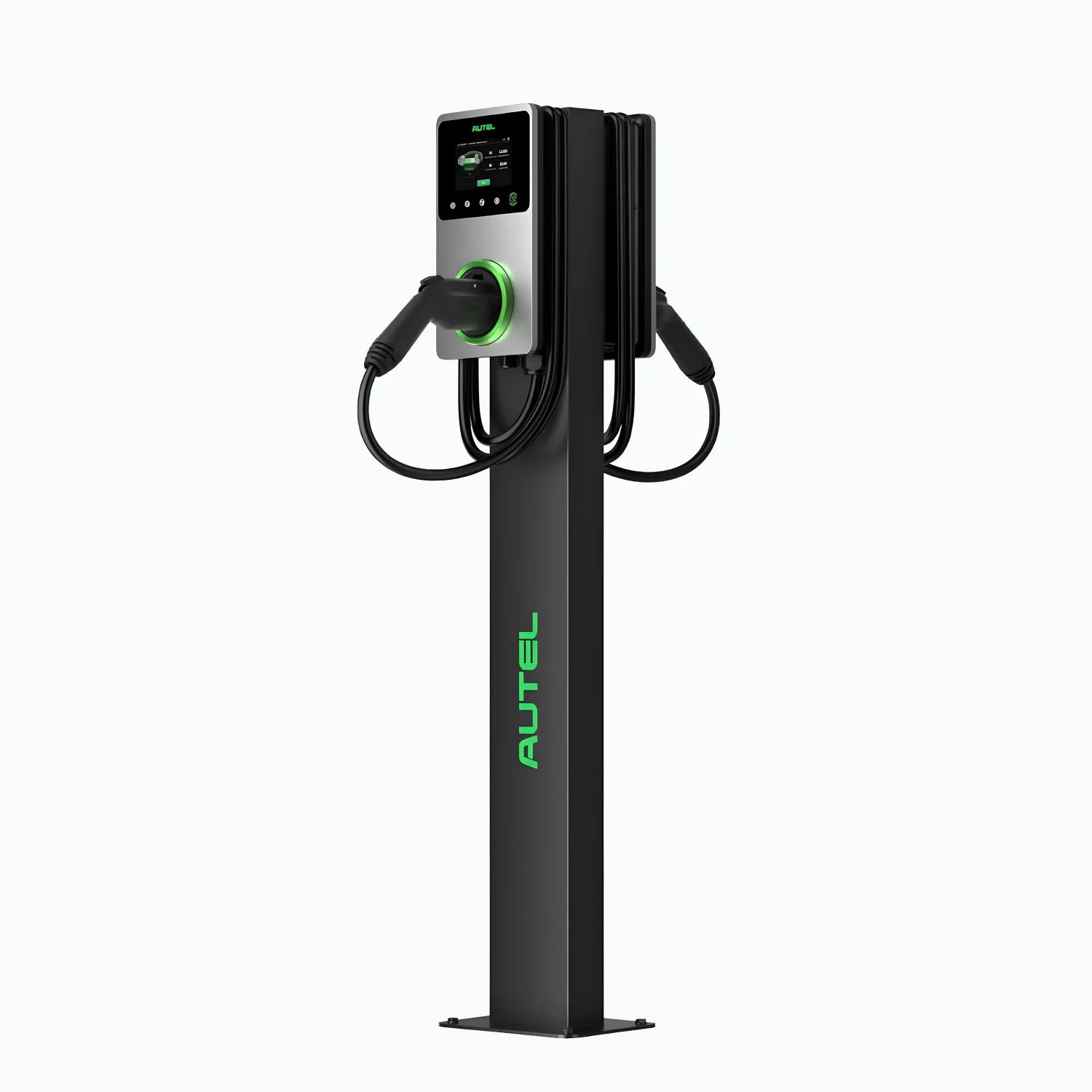
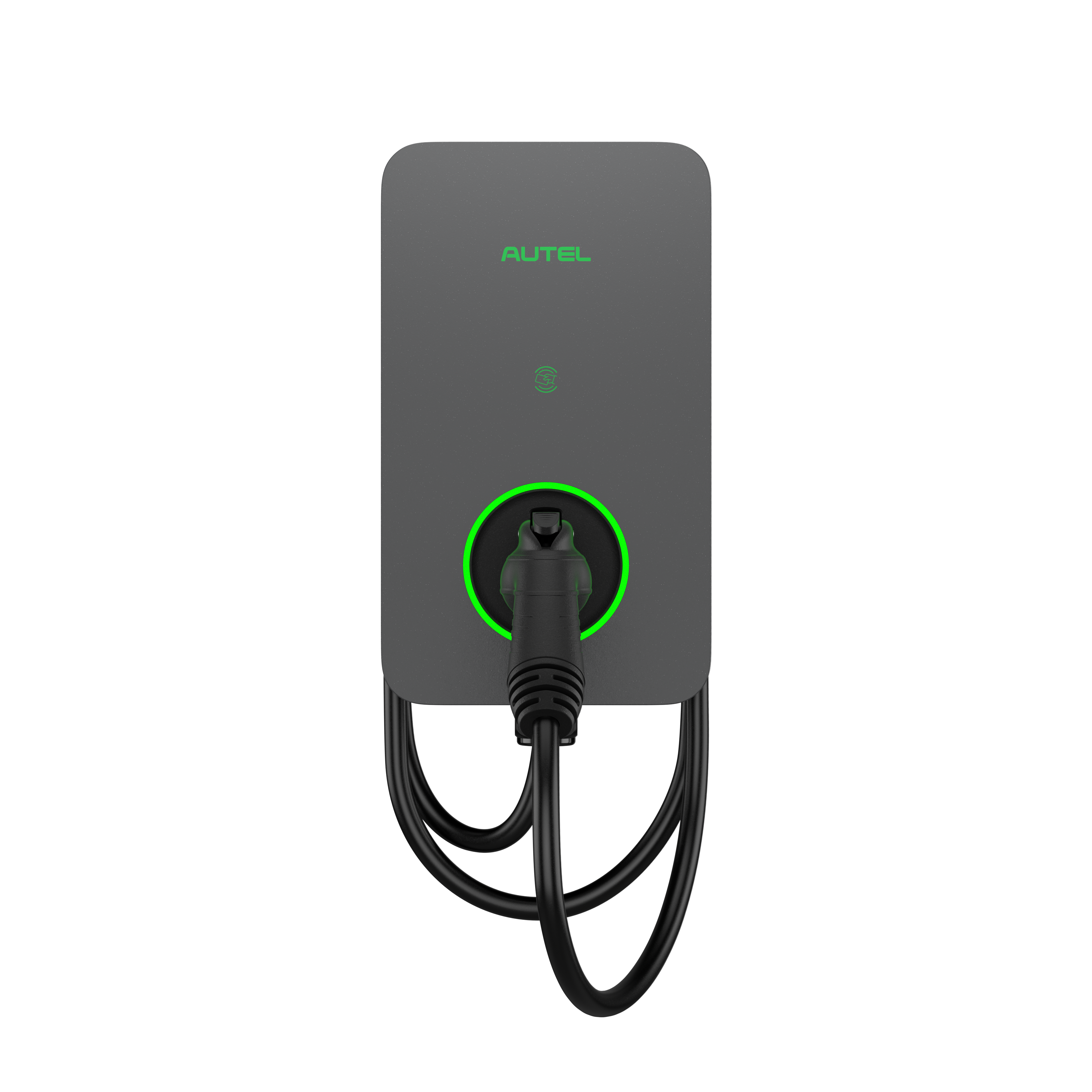

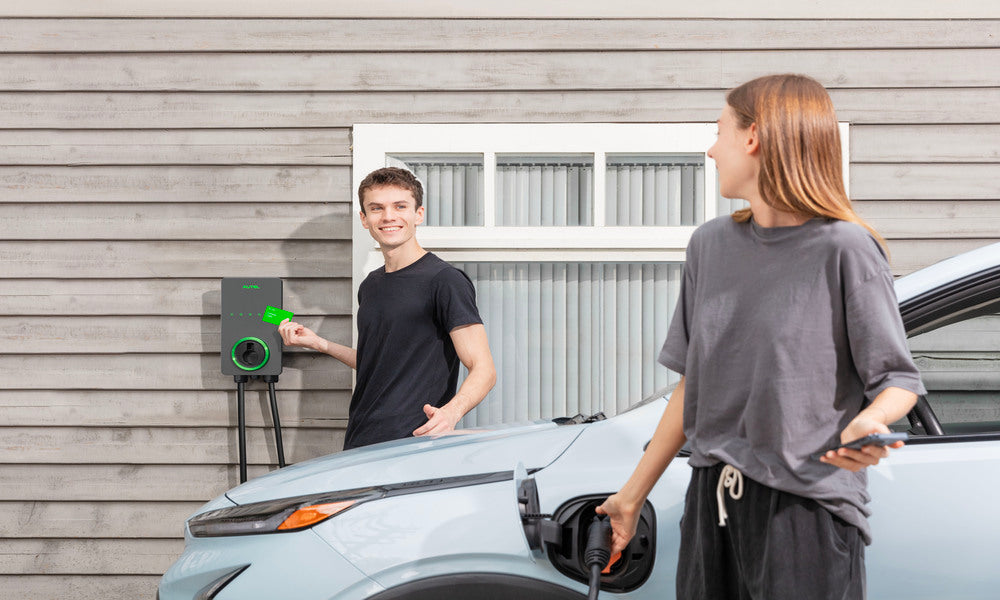
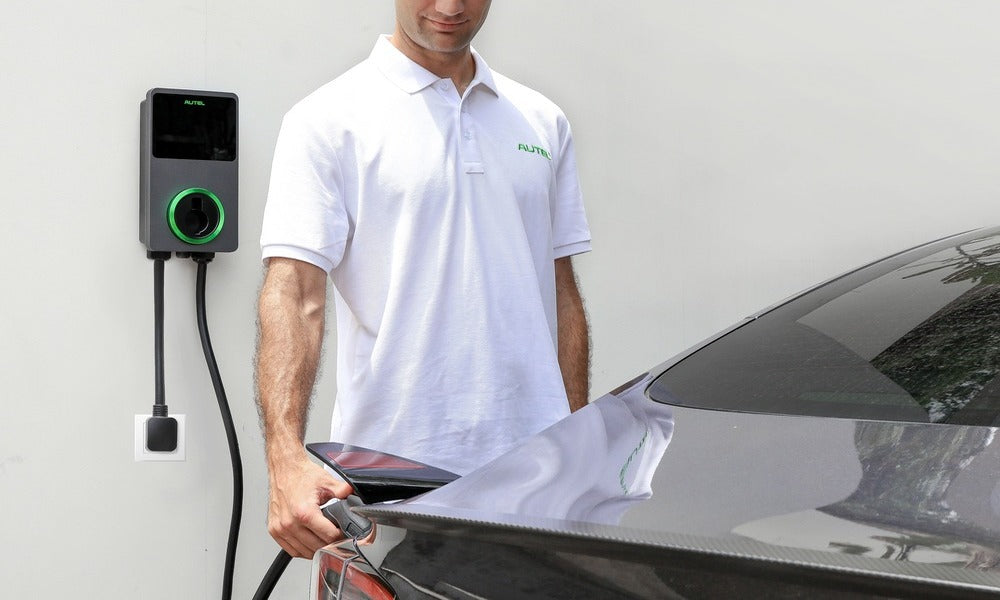
Leave a comment
All comments are moderated before being published.
This site is protected by hCaptcha and the hCaptcha Privacy Policy and Terms of Service apply.